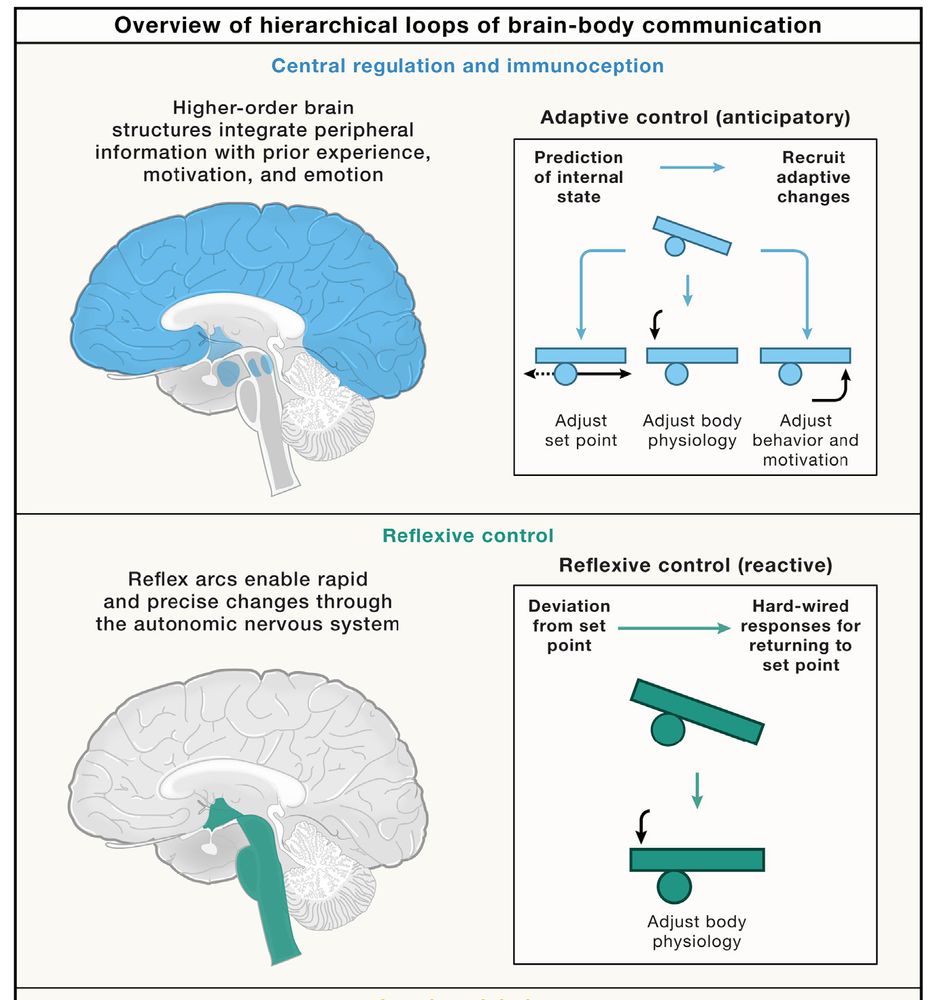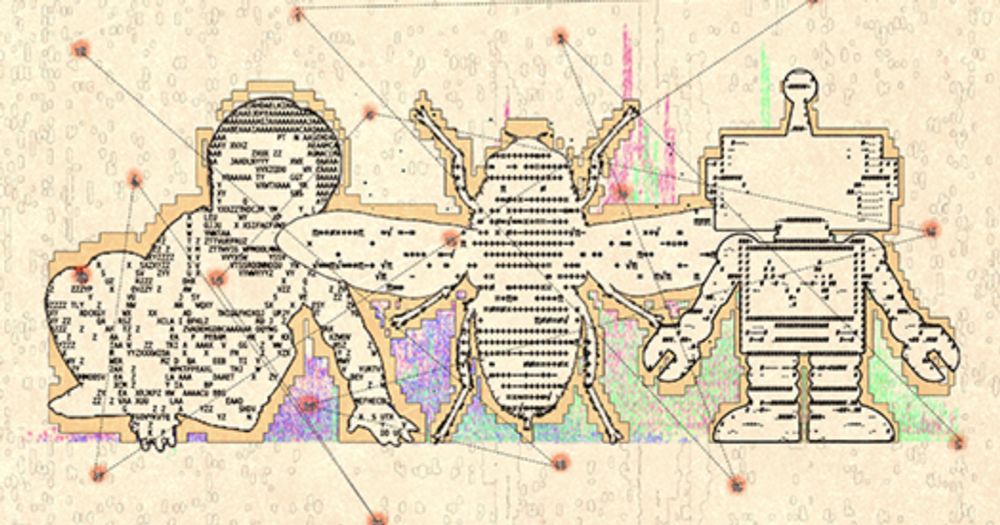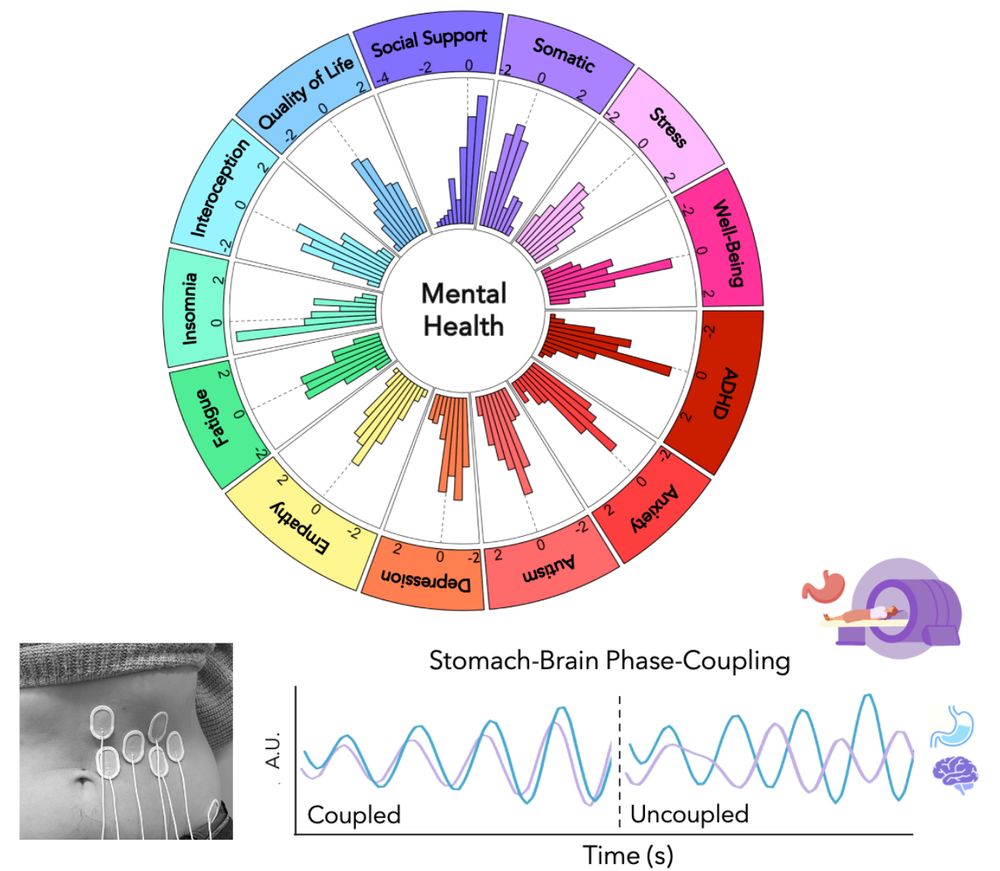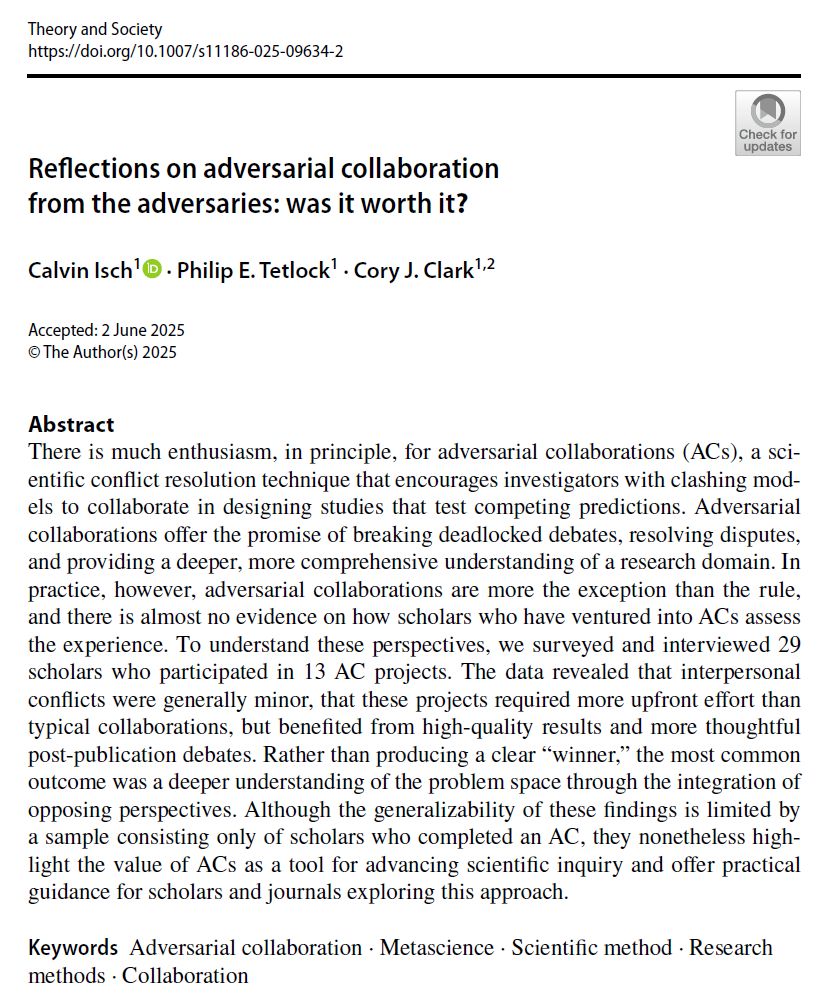Andrew Corcoran
@corcorana.bsky.social
770 followers
430 following
60 posts
vagally-interested postdoc @ nexs.ku.dk | bunny herder | caffeine abuser | open science enthusiast | thoughts almost certainly not his own
Posts
Media
Videos
Starter Packs
Reposted by Andrew Corcoran
Reposted by Andrew Corcoran
Reposted by Andrew Corcoran
Reposted by Andrew Corcoran
Reposted by Andrew Corcoran
Reposted by Andrew Corcoran
Reposted by Andrew Corcoran
Reposted by Andrew Corcoran
Reposted by Andrew Corcoran
Reposted by Andrew Corcoran
Reposted by Andrew Corcoran
Reposted by Andrew Corcoran
Carl T. Bergstrom
@carlbergstrom.com
· Jul 16
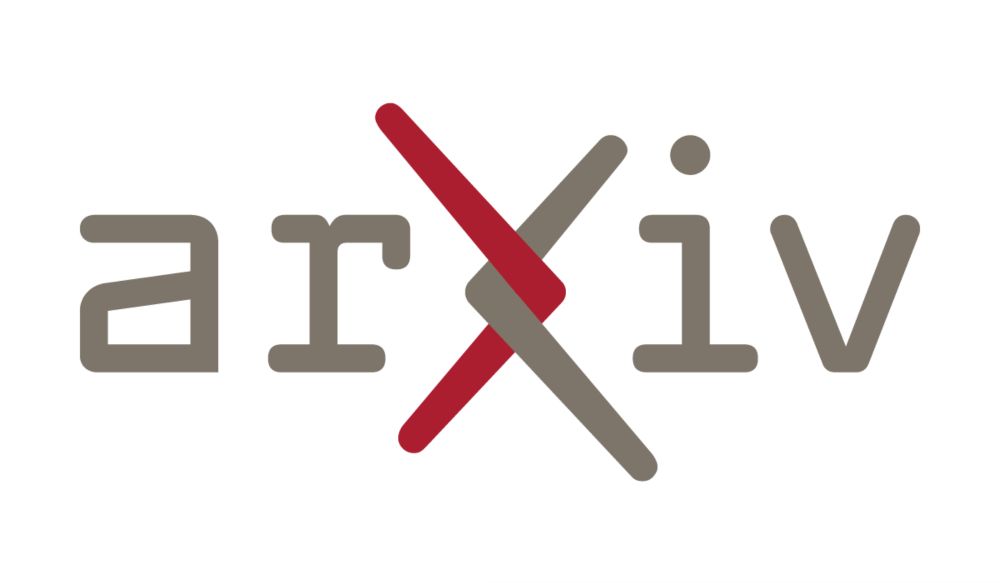
Will anyone review this paper? Screening, sorting, and the feedback cycles that imperil peer review
Scholarly publishing relies on peer review to identify the best science. Yet finding willing and qualified reviewers to evaluate manuscripts has become an increasingly challenging task, possibly even ...
arxiv.org
Reposted by Andrew Corcoran









